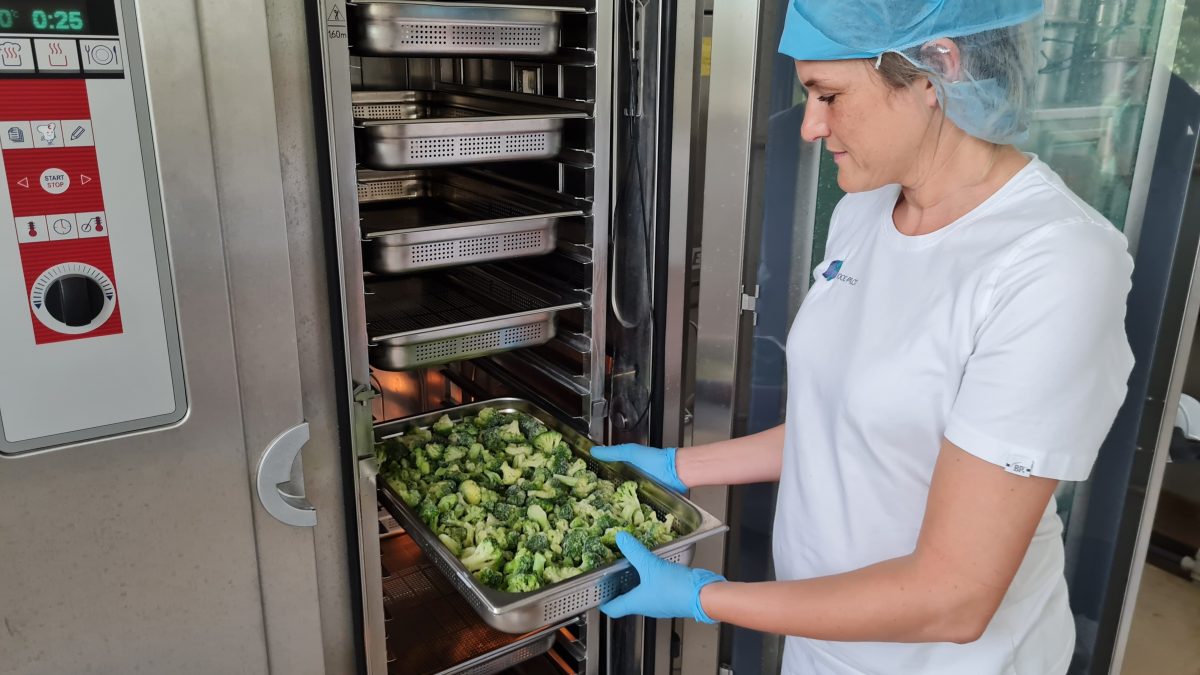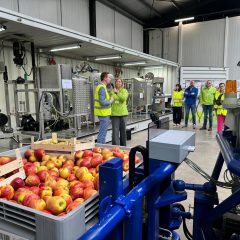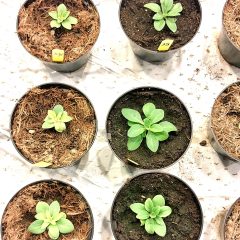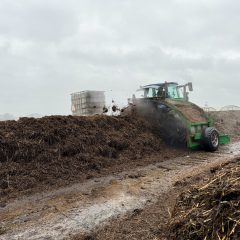Research project Changing Practices and Habits through Open, Responsible, and Social Innovation towards Zero Food Waste

General introduction
For the first time, an international research project, CHORIZO, has investigated the social aspects behind food waste. Four categories of social norms appear to influence behavior that leads to food NOT being consumed. Among other things, socioeconomic status colors attitudes and habits surrounding food waste. A number of unwritten rules and perceptions (so-called social norms) influence people's attitudes and actions toward food waste in different social situations. These unwritten social norms also influence choices about portion size, food quality, and the desire to be seen as a "good caregiver or host." Worldwide, up to 30% of all food produced is ultimately not consumed (UN, 2024). CHORIZO therefore brought the behavioral layer behind waste into sharp focus and translated it into sector-specific guidelines and training courses.
Research approach
CHORIZO research was conducted in six case studies, each focusing on a different consumption context: schools, restaurants, hotels, households, food banks and smart food packaging. The findings highlight four categories of social norms that are relevant in the context of food waste: 1) ‘The good caregiver’: The desire to be seen as a good parent or host often leads to more food being offered than is necessary. 2) ‘Portion size and food abundance’: Larger portions symbolise status and hospitality in wealthier cultures. 3) “Suboptimal nutrition/undesirable quality”: People accept or reject food based on appearance, taste or texture. 4) “Food waste and socio-economic status”: Socio-economic status determines attitudes and habits regarding food waste and value. CHORIZO has designed sector-specific guidelines, communication and education packages, and capacity-building measures to help change these norms.
Relevance/Valorization
There are now concrete, usable tools available for social norms and food waste: The CHORIZO Insighter data hub brings together all research results, databases, reports, guidelines, and tools and makes them publicly available. The Rapid Appraisal Tool uses simulations in households and the hospitality industry to show how specific behaviors and interventions influence the amount of waste. This enables actors in the food chain to make targeted and successful use of the insights gained. Schools receive educational packages for pupils—the consumers of the future—while food processors and suppliers focus on capacity building. In the data hub, policymakers, companies, and organizations can quickly find useful guidelines and substantiated communication strategies.
Financing
EU Horizon Europe






